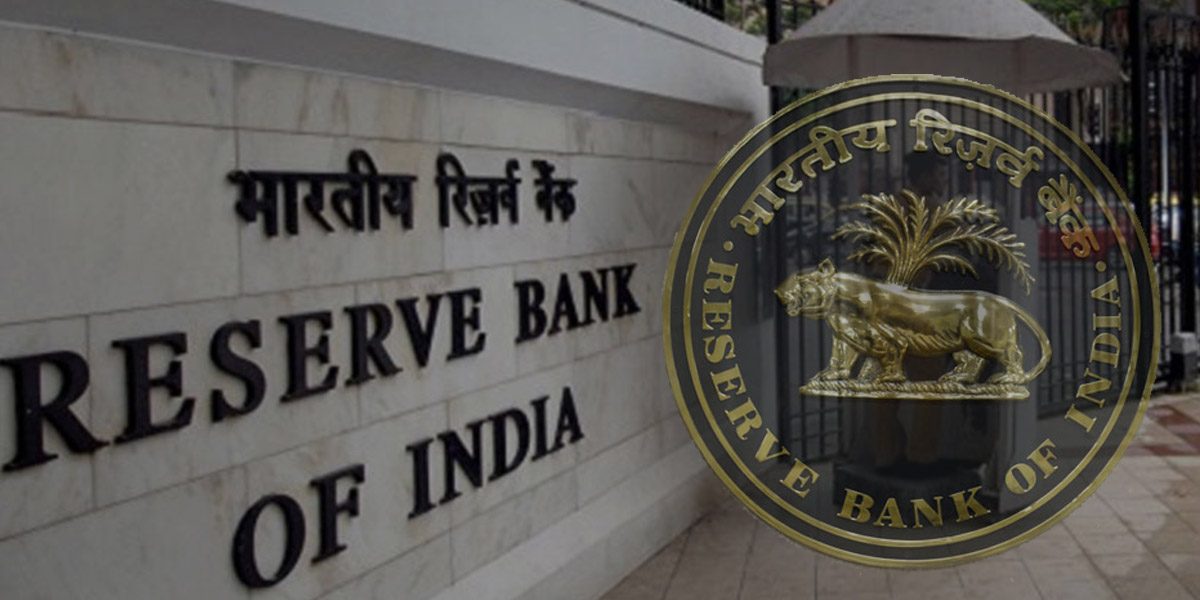One data breach case and a big blow of million dollars hole in the Indian economy. The economy which is set to achieve a $3 Trillion USD target, has been marred by the frequent data security breaches which makes it an impossible task. According to New Data Security Council of India, India has become the second most affected country due to cyberattacks between 2016 and 2018. Data breaches are, unfortunately, far too common.
Surprisingly, even the so-called safest sector –banking has also fallen prey to this breach many times, leaving millions of people losing their hard-earned money and affecting our already slow-growing economy.
Increasing the use of online transactions is encouraging hackers to up their game and looking for new ways to prick the security measures for a massive data breach.
ZDNet on 28th Oct 2019 reported the recent cyber attack. It says nearly 1.3 million payment cards that can fetch up to $130 million are estimated to be available on sale on the dark web.
In 2016, nearly 3.2 million debit cards got into the web of a data breach. Major Indian banks like SBI, HDFC Bank, ICICI, YES Bank and Axis Bank were among the worst hit. The use of unauthorized use of Indian cards in china was also reported. This was the biggest card replacement drive in Indian history. SBI announced blocking and replacement of 6,00,000 debit cards. Later an audit performed by SISA Information Security confirmed that it happened due to malware injected into the payment gateways network of Hitachi Payment Systems.
Another bank became a victim of cyber attack in Aug 2108 and bore a loss of around 100 crores followed by more than four banks in India.
Reasons for Cyber attacks

The reason behind the data breaches is carelessness from the bank side like SBI forgot to secure a key server in Mumbai, which was hosting sensitive information. Another reason is the weak security platform code that allows unrestricted access to financial information of millions of customers.
Dharshan Shanthamurthy, Founder and CEO, SISA Information Security Worldwide, on the growing incidence of breaches, said, “The biggest reason for this is not so much the absence of security standards. Rather, the implementation that falls woefully short, especially in India. Often, organizations, including banks, take a check-the-box approach to security, rather than making an active effort to maintain top-notch security of data. Given that new threats emerge every single day, a passive approach to security can backfire in a big way.”
Security expense
Banks around the world spend 8-10% of their overall IT budget on cyber security, whereas Indian banks spend barely 4-6% on the same. The negligence and spending less on security together creates favourable conditions for hackers to attack.

Such examples of high profile incidents and hacks clearly show how responsible and reliable our security systems are. Threat actors are more innovative and take advantage of our weak platform codes. We cannot keep money at home as fear of demonetization is still buzzing in our ears. Saving money in the bank is no way a safe option. So where should a common man keep his hard-earned money?
It’s time for the Indian government to stop spending money lavishly on things like burning lakhs of diyas or spending a thousand crores in publicity and should do something to reduce cyber hacks. After all, the government is a government of the people, by the people, for the people.

